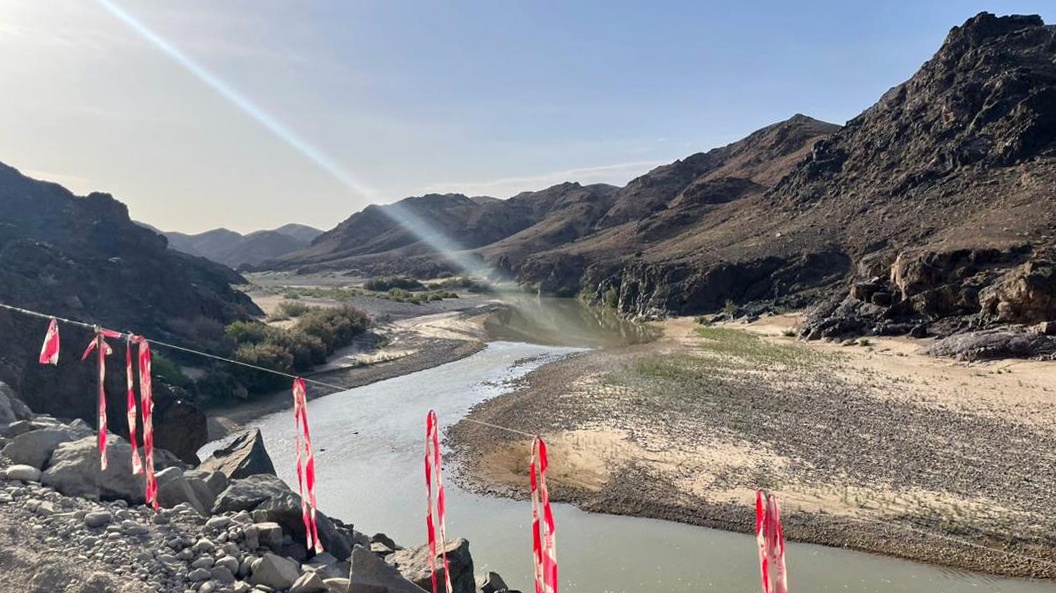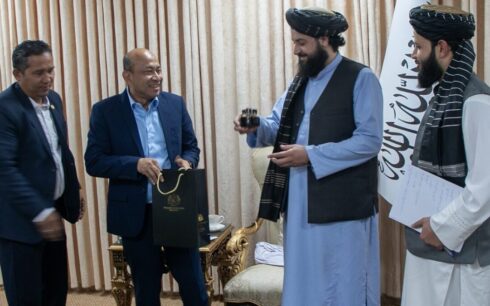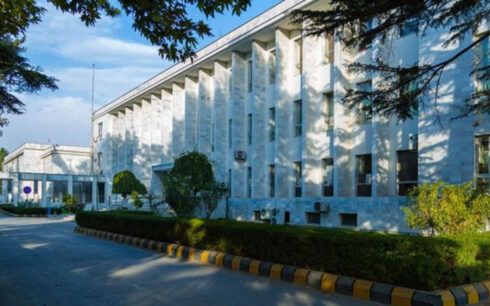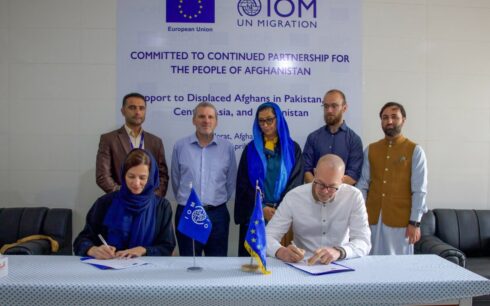Amidst escalating tensions with Iran over water rights of 1973 treaty with Iran, Taliban on Saturday announced the resumption of work on the first phase of the Bakhshabad dam in the western province of Farah, a key project that was planned in the 1960s but started by the previous government few years back.
The dam has the capacity to irrigate over 67,000 hectares of agricultural fields and can produce 19 megawatts of power. The dam has two canals, each 50 meters and 52 meters, on its right and left. Work on the project will be completed in the near future as Taliban authorities put it.
Taliban’s deputy chief minister Abdul Ghani Baradar and Taliban’s acting minister of energy and water attended the inauguration ceremony of work on the dam.
“We’re committed to complete the Farah dam project which is a vital project,” Baradar said.
The dam is nurtured by Farahrud River’s water. The river in south-western Afghanistan, rising at about 3,300 meters above sea level in the Band-e Bayan region in Ghor province, and, after a course of 712 km in a south-western direction, ending in the Sistan region – in the border between Afghanistan and Iran.
Construction of water dams in the west of the country has often been followed by concerns from neighboring Iran.
The contract for Bakhshabad Dam was signed by former president Ashraf Ghani’s administration in June 2016. The project faced multiple delays over insecurity. Once in 2018, former army generals claimed that the war in Farah is over water, accusing countries in the region of destabilizing the western province to disrupt work on the construction of the dam.
According to Taliban’s minister of energy and water, the project cost $430 million and that part of it will be provided by the people through a bank account that has already been created recently.





